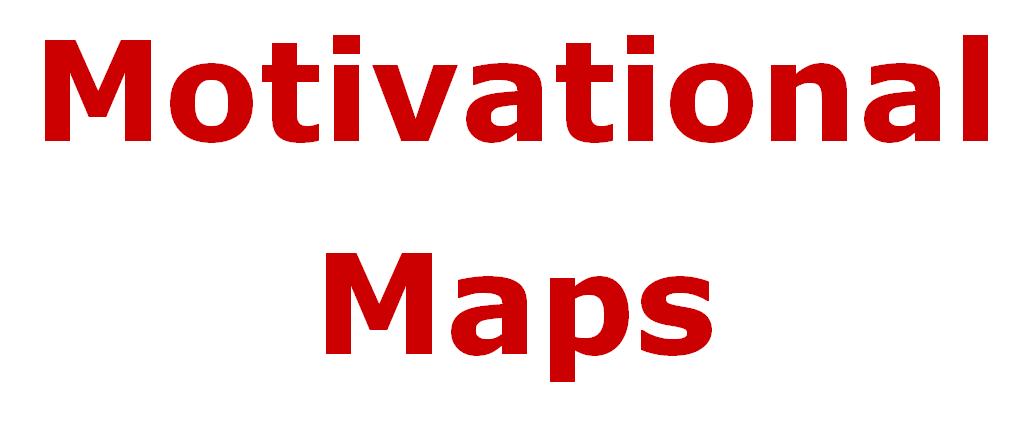Business
Coaching can help businesses on both organisational and
individual level. It can provide aid not available elsewhere, as coach is a
fully independent source of feedback and support and is not impacted by client’s
decisions or past failures. It can also greatly influence business performance.
In
study published in 2001 in the Journal for People and Organisations inTransition authors found strong
evidence of the effectiveness of executive coaching. 86 percent of participants
and 74 percent of stakeholders were “very satisfied” or “extremely satisfied”
with the effects of coaching experience.
Below we have outlined some of the benefits of Business Coaching with focus on influencing the business performance:
- coaching contributes towards increased ROI of 5 to 7 times the initial investment1
- business coach helps managers and consultants to create high performing teams and winning cultures
- 28% of coaching clients in one study claimed they had learned enough to boost quantifiable job performance-whether in sales, productivity or profits-by $500,000 to $1 million2
- In a study on executive coaching ROI, a large employer in the hospitality industry saved between $30 million and $60 million by coaching its top 200 executives2
- One coaching firm reported that they saved their clients $100,000 by retaining two key executives, improved efficiency for account managers and improved sales in excess of $250,000, improved customer retention and satisfaction that resulted in savings of more than $100,0002
1Source:
Manchester, "Executive Coaching Yields Return on Investment of Almost Six
Times Its Costs" , January 4, 2001. MetrixGlobal, "Executive
Briefing: Case Study on The Return Investment of Executive Coaching,"
November 2, 2001.
2Source:
Chemistry Business magazine, "The Case for Executive Coaching,"
November 2002 International Coach Federation and Linkage, Inc, "Analysis
of the 1999 Survey on Coaching in Corporate America", November 22, 1999


